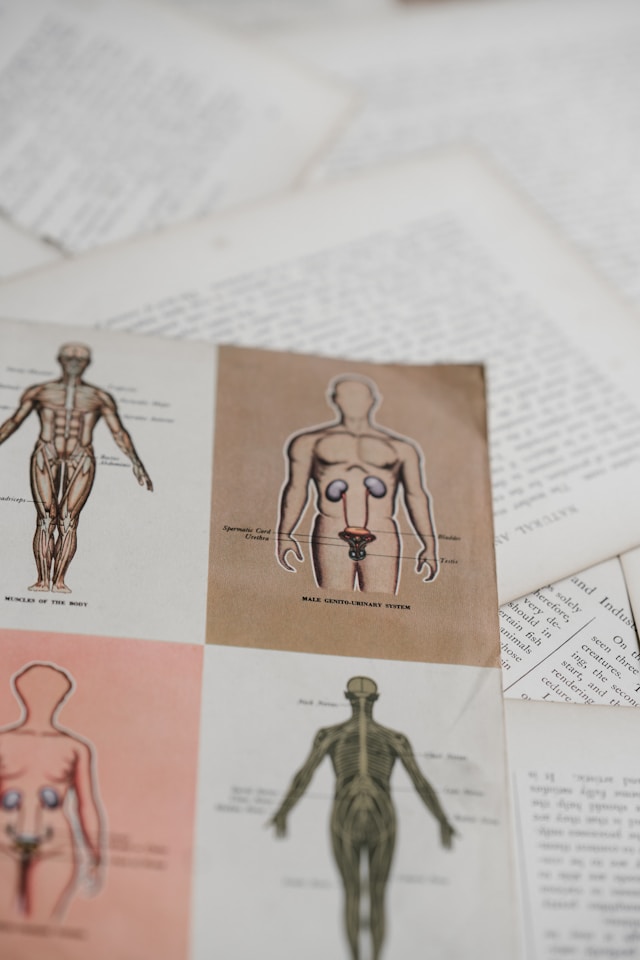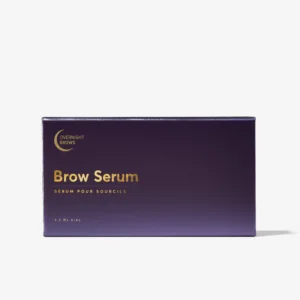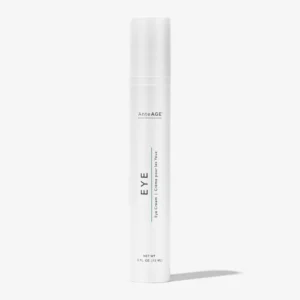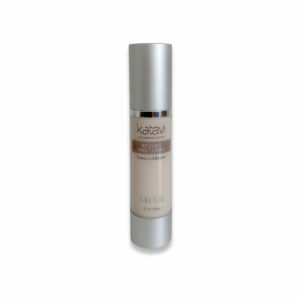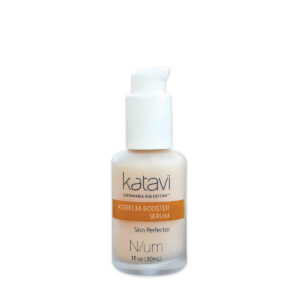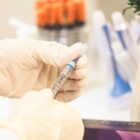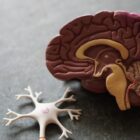Understanding Testosterone: The Key Male Hormone
Testosterone is a vital hormone primarily produced in the testes of men and, to a lesser extent, in the adrenal glands. It belongs to a class of hormones known as androgens and plays a pivotal role in the development and maintenance of male reproductive tissues, as well as in promoting secondary sexual characteristics such as muscle mass, bone density, and facial hair growth. While testosterone is often associated with masculinity and sexual function, its effects extend far beyond these realms, influencing mood, cognition, metabolism, and overall vitality.
The Dynamics of Testosterone Production
Testosterone production follows a sophisticated regulatory process involving several key players within the endocrine system. It begins in the hypothalamus, a region of the brain that secretes gonadotropin-releasing hormone (GnRH). GnRH stimulates the anterior pituitary gland to release luteinizing hormone (LH) and follicle-stimulating hormone (FSH). LH, in particular, acts on the Leydig cells in the testes, triggering the synthesis and secretion of testosterone. This intricate feedback loop ensures that testosterone levels remain within the normal physiological range.
Normal Daily Variation in Testosterone Levels
Testosterone levels in men exhibit diurnal variations, meaning they fluctuate throughout the day in a predictable pattern. Typically, testosterone levels are highest in the morning upon waking, gradually declining throughout the day, and reaching their lowest point in the late afternoon or evening. This natural rhythm is orchestrated by the body’s internal clock, known as the circadian rhythm, as well as by various external factors such as sleep-wake cycles, physical activity, and stress levels. Understanding these fluctuations is crucial for accurately assessing testosterone status and interpreting test results.
Interpreting Testosterone Levels: What’s Considered Normal?
Determining what constitutes normal testosterone levels can be somewhat nuanced, as it depends on various factors such as age, health status, and individual differences. In general, total testosterone levels in adult men typically range from 300 to 1,000 nanograms per deciliter (ng/dL), although optimal levels may vary slightly depending on the laboratory reference range used. It’s essential to interpret testosterone levels in the context of clinical symptoms and other relevant factors, rather than relying solely on numerical values. Symptoms of low testosterone (hypogonadism) include fatigue, decreased libido, erectile dysfunction, depression, and loss of muscle mass.
Maintaining Optimal Testosterone Levels Naturally
While testosterone levels naturally decline with age, certain lifestyle factors can influence testosterone production and overall hormonal balance. Adopting a healthy lifestyle that includes regular exercise, adequate sleep, stress management, and a balanced diet rich in nutrients such as zinc, vitamin D, and omega-3 fatty acids can help support optimal testosterone levels. Additionally, avoiding excessive alcohol consumption, tobacco use, and exposure to environmental toxins can further promote hormonal health. For individuals experiencing symptoms of low testosterone, consulting with a healthcare professional is recommended to explore potential treatment options, which may include lifestyle modifications, natural supplements, or hormone replacement therapy. By prioritizing holistic wellness and making informed choices, men can empower themselves to maintain optimal testosterone levels and enhance their overall quality of life.
Demystifying Normal Daily Male Testosterone Levels – snippet
Testosterone, often referred to as the quintessential male hormone, is a critical player in various aspects of men’s health and vitality. Produced primarily in the testes, testosterone influences everything from reproductive function to muscle mass and mood regulation. Understanding the dynamics of testosterone production and its normal daily fluctuations is key to maintaining optimal hormonal balance and overall well-being.
Related items..
-
AnteAGE® Overnight Brows Serum 3.5ml
$75.00 -
AnteAGE® Eye (15ml)
$105.00 -
PCA Skin Hyaluronic Acid Boosting Serum 3oz
$315.00 -
Katavi Radiant-S Facial Serum NEW
$55.00 -
Katavi Natural Cleansing Wash
$33.00 -
Katavi Moisturizing Day Cream
$43.00 -
Katavi Tula Tula – Intensive Night Care
$43.00 -
N/um – Kigelia Booster Serum
$46.00 -
Katavi Hluba – Enzymatic Peel
$30.00 -
Katavi Miracle Hydration Oil
$40.00
Sign Up for Monthly Newsletter to Learn & Save
Stay current on promotions, discounts and sales.
Get Your Learn On

Boosting Bone Health and Immune Function with Sermorelin and Testosterone Stacking


